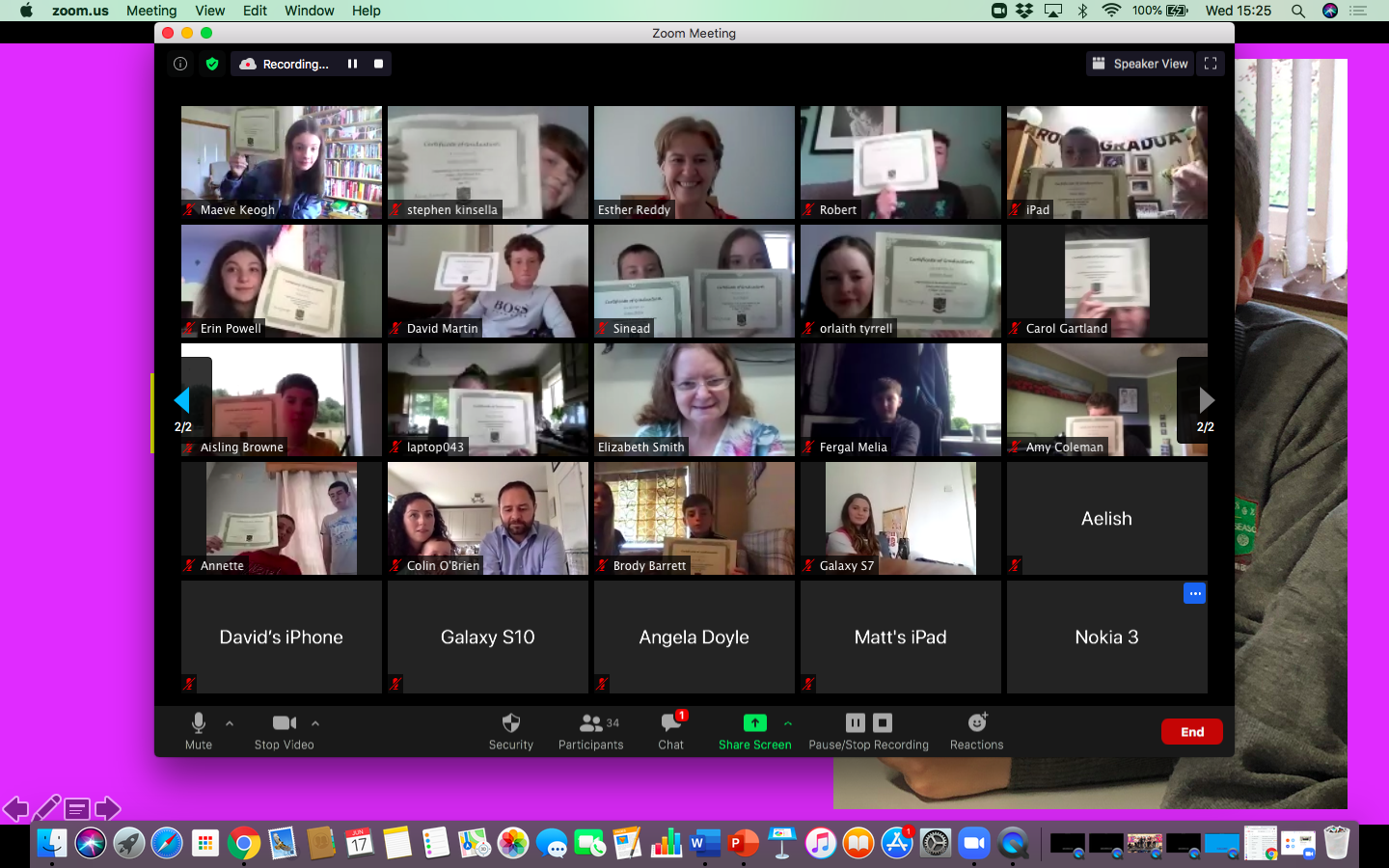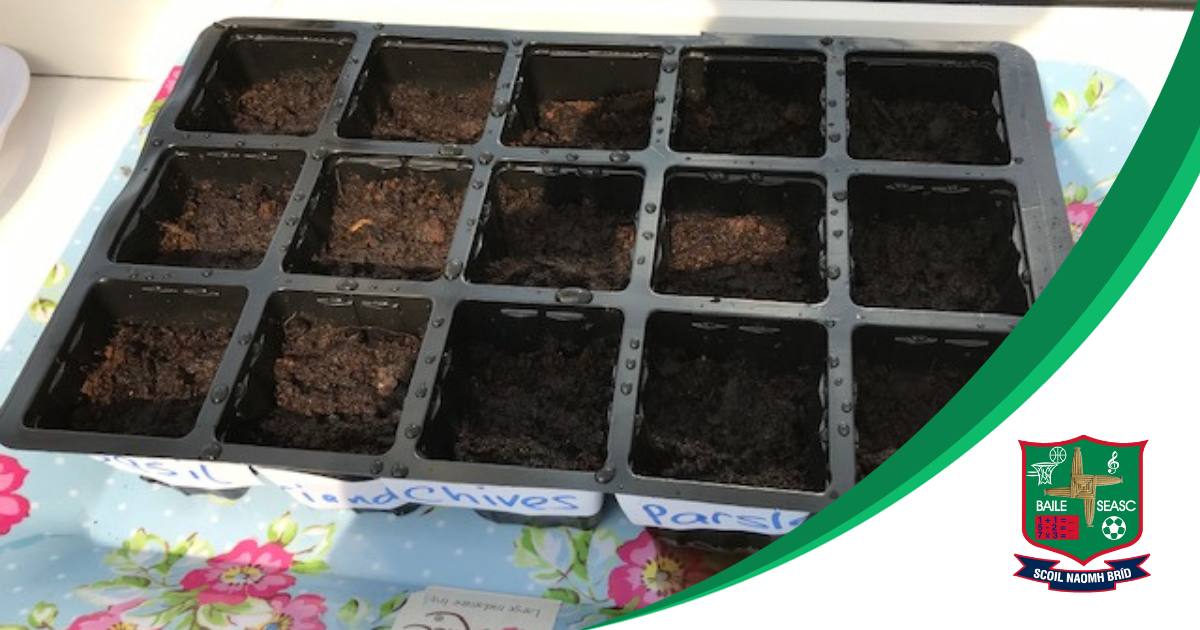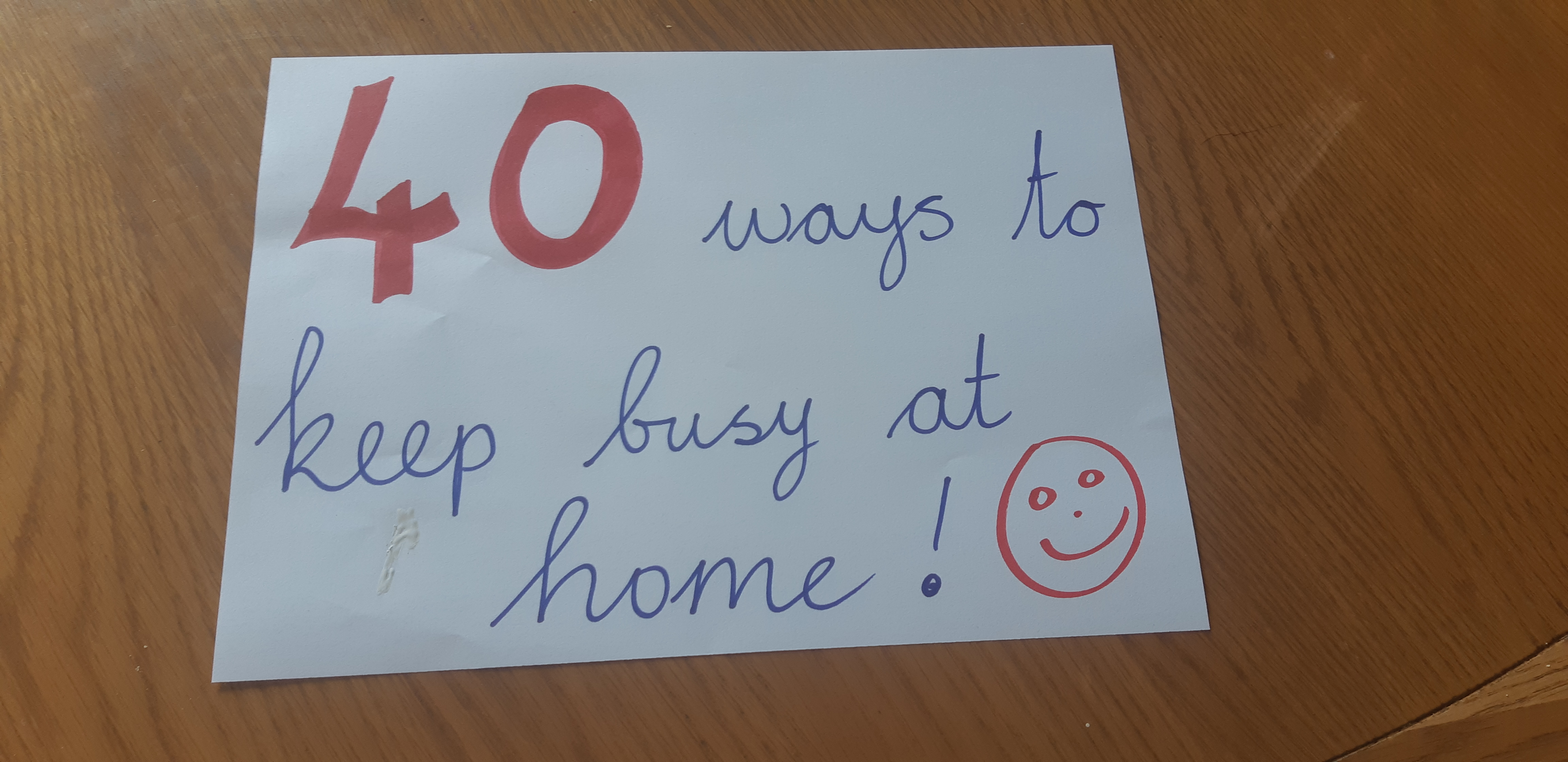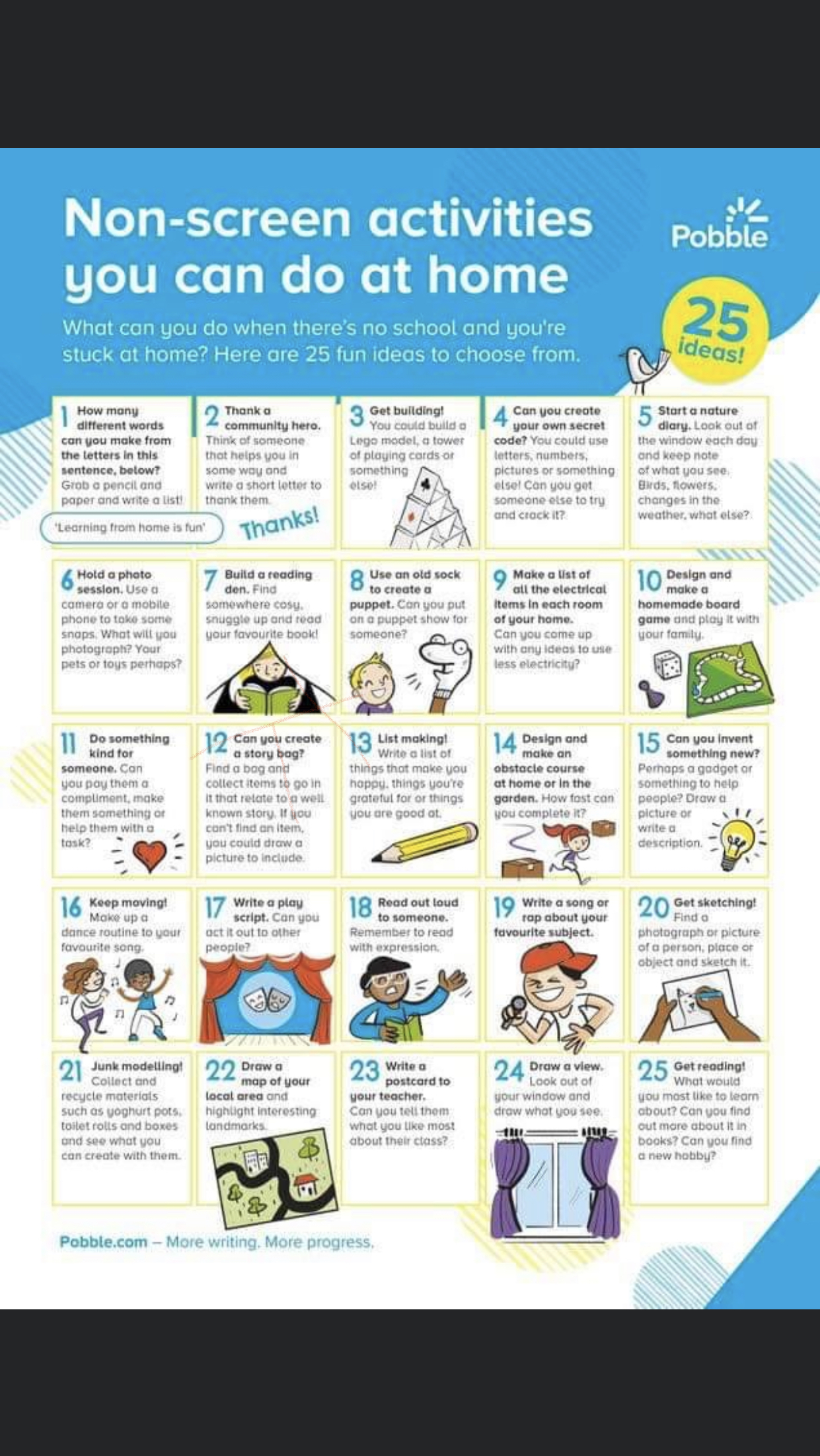Dear Parents/Guardians,
As you are aware we are promoting Túsla “Every School Day Counts” Campaign.
“When it comes to education, we are all aware that consistent school attendance is central to students reaching their educational potential. At the moment there are over 920,000 students attending school in Ireland and almost 60,000 (over 6%) of students miss school every day.
While some absences are unavoidable due to illness etc., we believe that all of society has a crucial role to play in promoting school attendance to provide better educational outcomes for children and young people.
Children who go to school regularly are more likely to make friends, to do well in school and be involved in their community.”
(Tusla, 2019)
We are very proud of our record to date in St. Brigid’s NS, Ballysax.
It shows that our community is also committed to ensuring their children reach their educational potential.
Here is an overview of our stats to date:
August 2019 – 97%
September 2019 – 96%
October 2019 – 95%
November 2019 – 95%
December 2019 – 86%
As you can see in December our number dropped. But this was due to a notable increase in various illnesses in the few weeks of December. This caused a lot of absence throughout our school classes.
We would like to sincerely thank all of our parents who took our advice onboard about keeping their sick child/children home so as not to spread infection and to ensure that when their child/children returned to school they were fully recovered. Please see the policy for Illness and Infection on the school website and the attachment to remind you of the different protocol around illness and the incubation periods required.
We would also ask parents to be aware that when they are unsure if their child is well enough to go to school to err on the side of caution. It can cause stress and anxiety for the child and teacher to make the decision as to whether the child is well enough for school. Thank you.
Each month at assembly we discuss the value of coming to school on time every day to the children. We acknowledge all the children for their effort and name the children with full attendance in that month. We feel that rewards the children who have completed a full school month with full attendance and also encourages the other students to aim for the same in future months. We also stress that illness is something that no-one can factor in and that there is always the next month to aim for.
For Parents
It is mandatory for all schools to identify children who have missed 20 or more days from school to Tusla. A reason for each absence is required, please send in a note with you child/children.
Going forward, and to help parents be aware of their child/children’s missed days we will now be sending out a text when your child has missed 15 days in school.
Please see attached an information leaflet for parents from Túsla on ways in which parents can help make every school day count.
If you have any queries or concerns regarding your child’s attendance at school, please do not hesitate to get in touch.
Le gach dea-ghuí,
Esther Reddy, Príomhoide
Appendix 1
Incubation Period Guidance Chart
| Illness | Early Symptoms | Usual Incubation Period | Period when Infectious | Minimum period of Exclusions |
| Bad cold | Coughing/Sneezing/ Runny nose/ Sniffling | When child is coughing/sneezing | ||
| Diarrhoea and/ or Vomiting | Cramps, nausea | Car vary on child | Before and during illness | Child is not to return until 48 hours/2 full days from last episode of diarrhoea or vomiting |
| Measles | Cold, cough, fever or chills. Sore eyes, white spots in mouth (1-2 days). Rash after 2-3 days on face. Weak chest. | 8-15 days. | Signs and symptoms can appear 10-14 days after exposure to virus | 7 days from appearance of rash |
| Chicken pox | Slight fever, headache, nausea, spots appear on 2nd day. | 11-21 days | From 7 days before the spots appear to 9 days afterwards | Those with chickenpox should be excluded from school until scabs are dry; this is usually 5-7 days after the appearance of the rash. |
| Whooping cough | Fevers and catarrh for 1 week before cough develops | 7-14 days | From 7 days after exposure to 21 days after whooping. | Pupils should stay at home until they have had 5 days of appropriate antibiotic treatment or for 21 days from onset of illness if no antibiotic treatment. |
| Mumps | Fever, sore throat, dry mouth, pain when chewing | 21-25 days | From 7 days before swelling appears to 9 days afterwards | 5 days after the onset of swelling |
| Conjunctivitis | Sore eyes, inflamed, discharge or watering | 1-3 days | Contagious. Spreads by rubbing eyes or other contact. | Until discharge or inflammation has cleared or until they have had antibiotics for 48 hours. |
| Head lice | Itching of head. | Contagious until treated. | Until treated. | |
| Impetigo | Blisters, spreading at edges which are raised, thick yellow crust when blisters break. | Contagious, spreads by hands and contact with objects. | Until lesions are crusted and healed, or 24 hours after commencing antibiotics. If after 24 hours of antibiotics lesions are not yet healed then they should be covered, e.g. with gauze and tape, until crusted and healed. | |
| Influenza | Fever, tired, loss of appetite, coughing, sneezing | 3-5 days after symptoms begin | Pupils with influenza should remain at home for 5 days from when their symptoms began. Pupils should not re-attend school until they are feeling better and their temperature has returned to normal. | |
| Hand, foot and mouth disease | Rash on hands, foot and mouth, blister like cuts on or in mouth | 7 days | First 7 days | While a pupil is unwell they should be kept away from school. Exclusion of a well pupil with HFM is generally not required. If evidence exists of ongoing transmission within the school exclusion of pupils until the spots have gone may be necessary. |
How Parents Can Help Make
Every School Day Count:
- Establish a good routine in the mornings and evenings so your child is prepared for the school day ahead.
- Ensure your child arrives at school on time – not late.
- Arrange dental and medical appointments outside school hours when possible.
- Always inform the school if your child is absent due to illness – this should be followed up with a written note when your child returns to school.
- Take truancy seriously – if your child is not attending school as you expect they may be putting themselves at risk – Who are they with? What are they doing?
- Take family holidays outside term time.
- Talk to your child about school and take an interest in their school work (including homework).
- Attend parent evenings and school events.
- Praise and reward your child’s achievements at school.
- Always support school staff in their efforts to control difficult or challenging behaviour.
- Discuss any problems or difficulties with the school – staff are there to help and will be supportive.

























